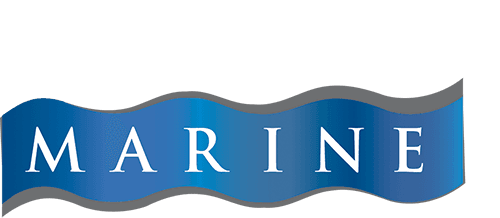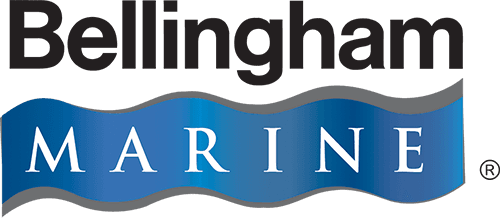Turrell and Associates, Inc., a marine and environmental consulting company based in southern Florida released the results of an independent study conducted on concrete floating dock systems and potential environmental impacts. The study was sponsored by world renowned, marina constructor, Bellingham Marine in an effort to determine the effects of floating concrete docks on the surrounding marine environment.
Carried out in a private marina in Florida located on a man-made tidal waterway, the results of the study demonstrate the advantages of concrete floating docks go well beyond the obvious advantages of ease of access for boaters and secure mooring for vessels to four main environmental benefits.
1. Less bottom disturbance
2. Reduction in leaching of toxic wood treating chemicals
3. Increased natural hard surface habitat for marine organisms
4. Reduced turbidity and increased water quality
The need for fewer piles and frequent use of concrete piles means less bottom disturbance and a significant reduction in leaching of toxic wood treating chemicals into the water. In addition, concrete’s high carbonate content is similar in make up to naturally submerged rock providing a large natural surface area to support the colonization of marine organisms.
The increased hard surface habitat has significant environmental importance because the majority of life supported by the concrete docks’ hard surface feeds by filtering suspended material, thus helping to improve water quality within the basin. The dense filter feeder population supported by the concrete docks is particularly beneficial in environments that receive stormwater runoff. The filtering activity of these marine organisms reduces the turbidity near the floats, which enhances light penetration. Increased light penetration benefits growth of algae on docks and in the bottom community below them.
The study was started in May 2003, just three months after installation. Observations made during the initial visit revealed a diverse collection of organisms already covering both float sides and bottoms. The most obvious organism was a mix of green and brown algae. Within the algae were barnacles, sponges, oysters, mussels, grass shrimp, mud crabs and juvenile stone crabs. Subsequent visits took place in following years with a final visit to the site in September 2006. During this last visit increases in the number and size of organisms attached to the floats were noted.
Electronic copies of the study are available in PDF through Bellingham Marine. To receive a copy of the study please contact Bellingham Marine at bmi@bellingham-marine.com.
As the world’s leading marina design/build construction company, Bellingham Marine produces Unifloat saltwater systems, Unideck freshwater systems and Unistack dry storage systems for marinas worldwide.
Contact Bellingham Marine, P.O. Box 8, Bellingham, WA 98227; www.bellingham-marine.com.
Unifloat, Unideck and Unistack are registered trademarks of Bellingham Marine.

